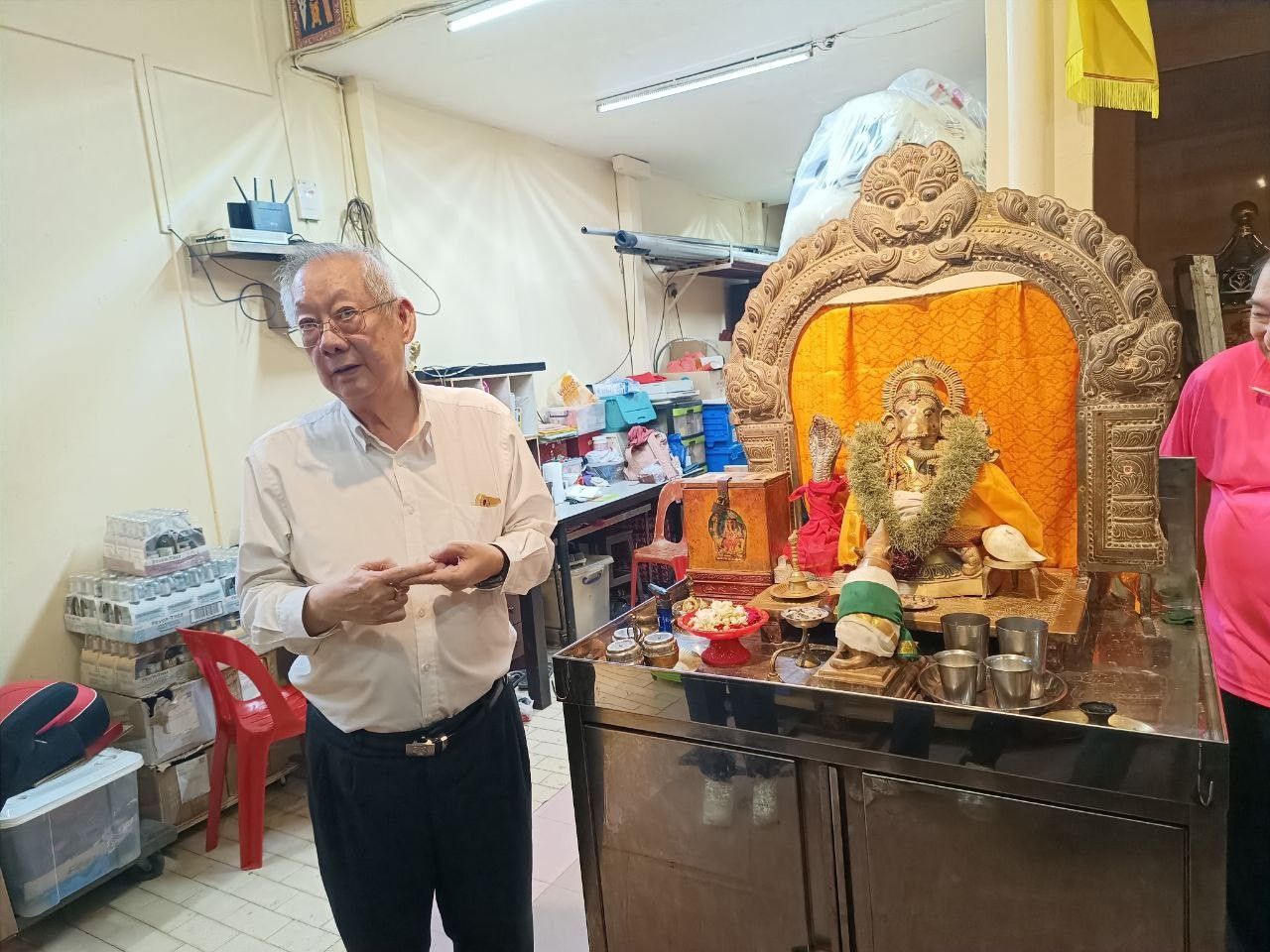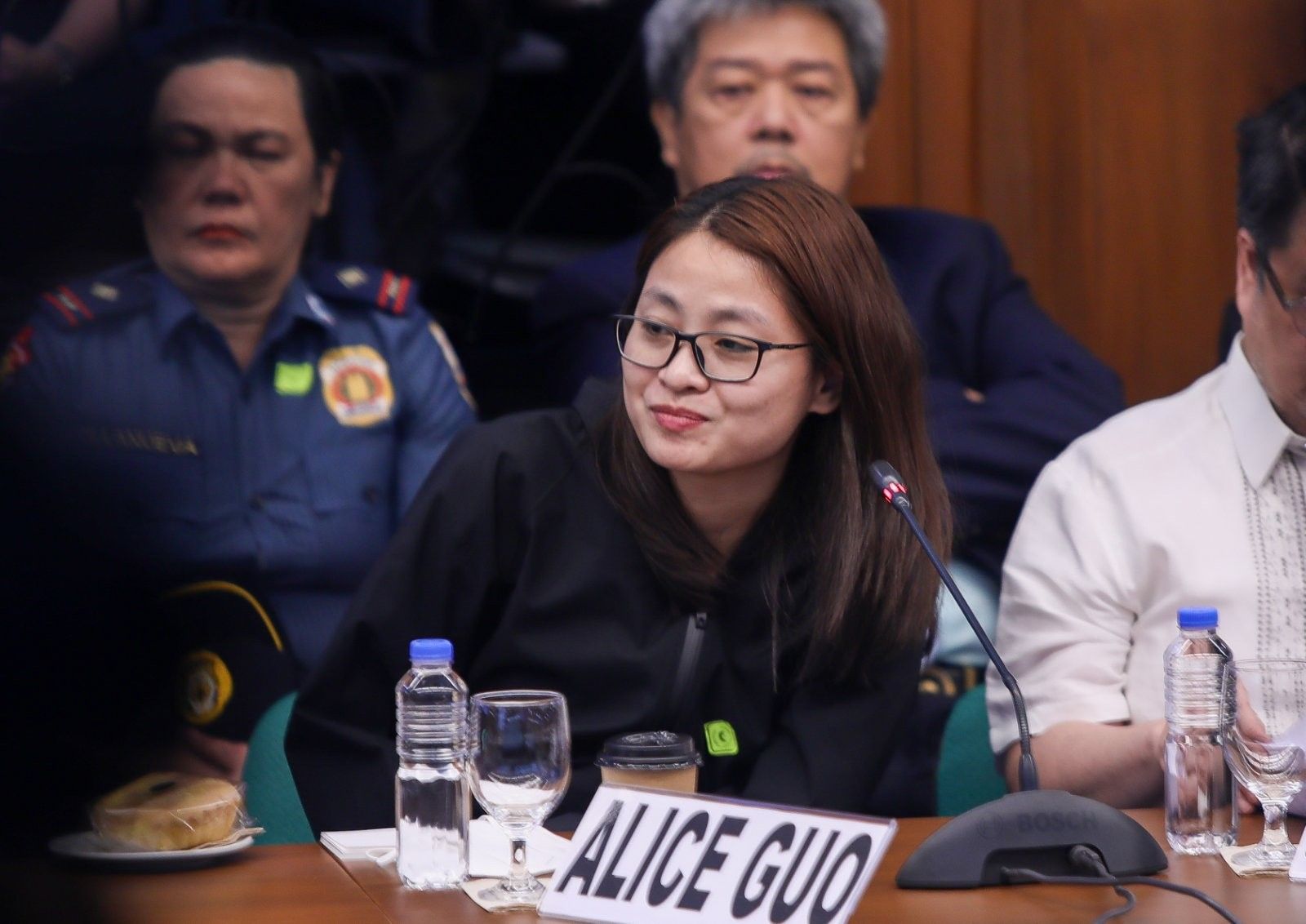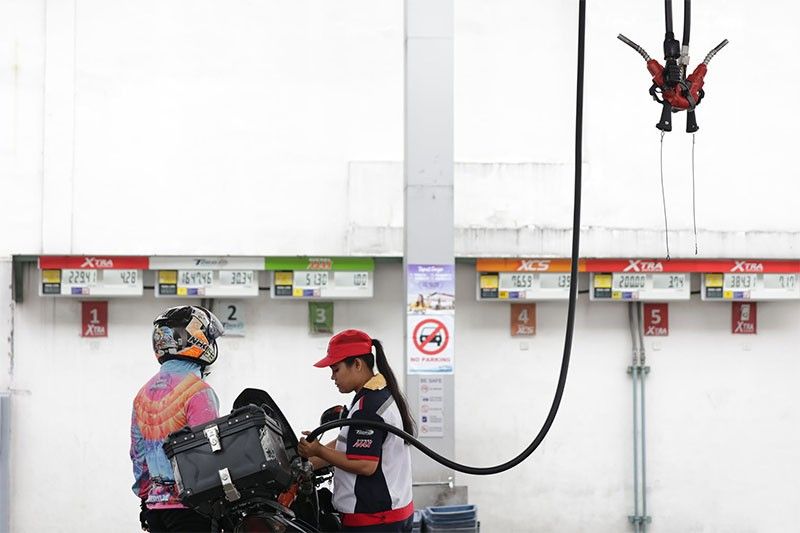
Upgrade to High-Speed Internet for only ₱1499/month!
Enjoy up to 100 Mbps fiber broadband, perfect for browsing, streaming, and gaming.
Visit Suniway.ph to learn
SINGAPORE — Pro bono or free legal assistance in Singapore may be found in one of the most unexpected places — a temple.
Organizers and the chairman of the temple described their place to be Buddhist and Taoist, while one can also find a worship place for a Hindu deity.
Located on Hougang Avenue in northeastern Singapore, Tian De Temple is home to Pro Bono SG, a non-governmental organization (NGO) that provides free legal assistance to those in need.
The temple is a merger of four temples, where people pray to various Taoist and Buddhist deities.

The temple was formed through the merger of four different temples to create a larger entity eligible to bid for land from the Singapore Land Authority, according to Pro Bono SG Deputy CEO Cai Chengying.
“Another thing is that although we are Taoist, we can accept all other faiths. We have even let this place conduct some celebrations here on time,” Raymond Wong Tian De Temple Chairman, told the delegates of the International Conference on Cohesive Societies on Wednesday, June 25.
Hindu worship place. Behind the altar of the four temples of Tian De, lies a statue of the Hindu deity Ganesh — a Hindu deity who resembles the head of an elephant with a human body.

Raymond Wang, chairman of Tian De Temple, stands in front of an altar dedicated to the Hindu deity Ganesh inside the Taoist temple.
According to Cai, the statue of Ganesh was erected behind one of the temples due to a Hindu devotee 17 years ago who was seeking a place of worship.
“It is one thing to say that we will co-exist with other religions and it is another to give up your space to allow them to practice as well,” Cai said.
“Actually, to us, every religion is the same. No problem. As long as we can help, we can accept it,” Wong said in a separate discussion.
Cai also mentioned the temple pays for the fees of the law center, such as electricity.
Free legal assistance. The Community Law Center offers free legal services to citizens of Singapore and immigrants who cannot afford private lawyers, according to the center’s manager, Jane Lee.
The law center is located at the entrance of the temple. It consists of two air-conditioned shipping containers that serve as its offices.
“So we have seen clients from Singapore, and what my leader was saying, they are foreign spouse, Indonesia, Malaysia, Spain, we have international spouse(s) who came to our center seeking for help because they face marriage problems, and their spouse decided to seek divorce, and they don't know where to seek help,” Lee said, speaking to the delegates of the International Conference on Cohesive Societies on Wednesday, June 25.
The law center handles both civil and criminal cases. Lee said their services are often extended to individuals who do not qualify for free legal aid from Singapore’s public legal system.
Aside from labor-related issues, Lee said the majority of cases they handle involve divorce — a legal remedy still unavailable in the Philippines — which accounts for more than 70% of their caseload.
“This is a place where every day is a surprise. You never know what kind of problems will come into this center,” Lee said.
Safe space. Lee said their law center prioritizes in-person interaction with clients, to provide a safe environment where clients can share their stories, often for the first time.
“So what happens is that we create a very enclosed environment for our client to meet our lawyers, so that they don't feel that we are getting out of touch, like through Wi-Fi or through Zoom meetings, all these things,” she said.
“Usually we will sit our client at that corner, and our lawyer at this corner, so that any time when they need help, or they need time to recover from their nervous breakdown, they can rest, and we will just wait for them,” she added.
Free legal aid in Singapore. Singapore’s Constitution does not guarantee the right to free legal aid — one of several concerns raised by international human rights watchdogs, along with the use of executions and restrictions on free expression.
Article 9(3) of Singapore’s Constitution states:
“Where a person is arrested, he shall be informed as soon as may be of the grounds of his arrest and shall be allowed to consult and be defended by a legal practitioner of his choice.”
However, this does not cover free legal assistance for indigents. To remedy this, the Legal Aid and Advice Act of 1995 was passed by the Singaporean government, designed to offer legal assistance and advice to individuals with limited financial resources.
This act created the Legal Aid Board, a statutory body tasked with managing the legal aid system, and details the qualifications for receiving aid, such as financial eligibility and the merits of the case.
When individuals fail to meet legal aid eligibility requirements, NGOs like Pro Bono SG bridge the gap by offering essential assistance.
--
Editor's note: The trip to Singapore was hosted by Singapore’s Ministry of Culture, Community and Youth (MCCY). At no stage does the host organization have a say on the stories generated from the coverage, interviews conducted, publication date and story treatment. Content is produced solely by Philstar.com following editorial guidelines.

 8 hours ago
3
8 hours ago
3



